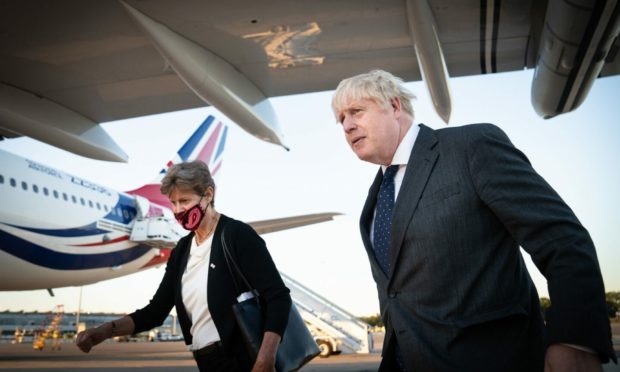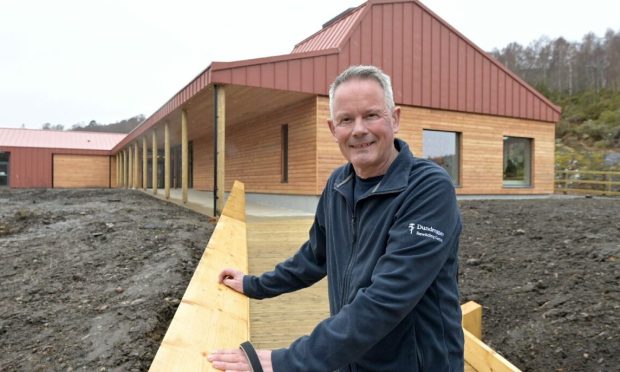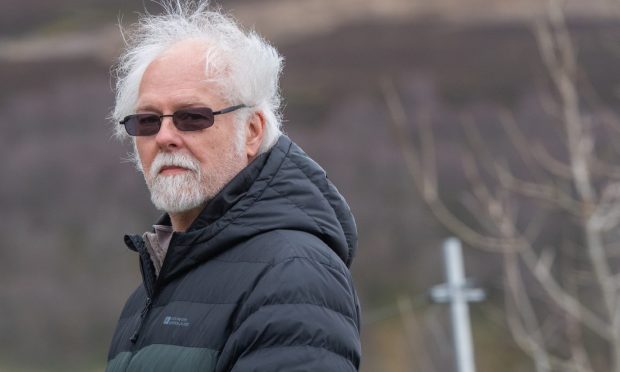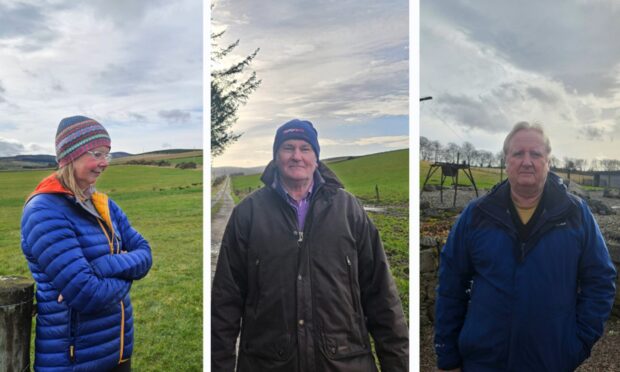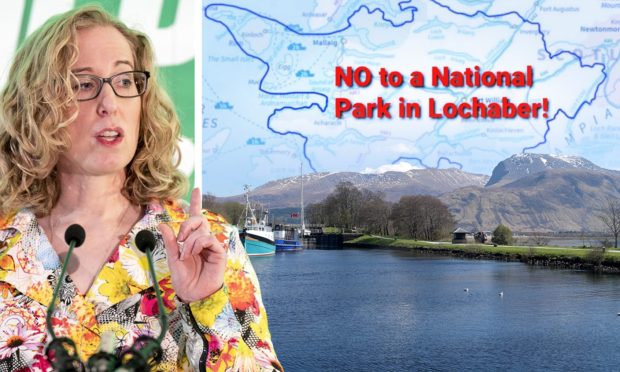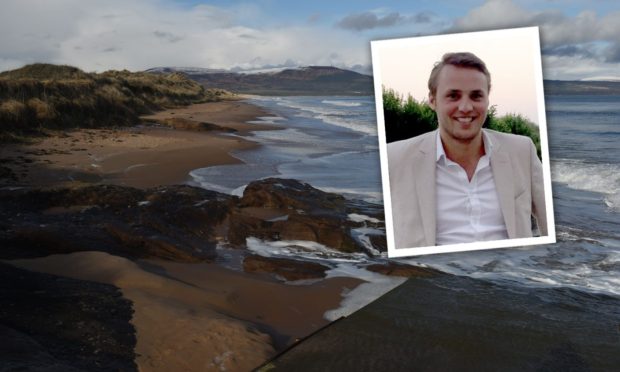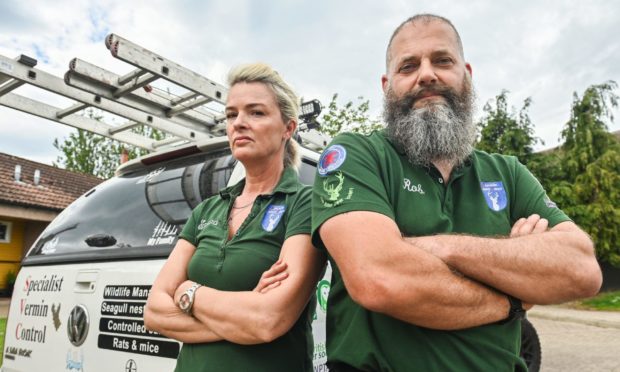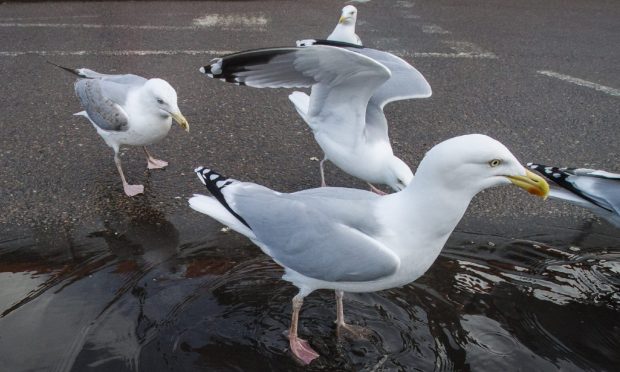Boris Johnson has become that most unlikely of things – an eco warrior with a collecting tin.
Still, it’s a nice distraction from the green protests and energy crisis at home.
Not so long ago, he dismissed climate change as piffle. Now it is his mission.
Such are the twists in a political world detached from ideology or consistency. Anyone can end up defending anything.
We stick to the old habit of liking allies and hating enemies, but the lines have been blurred.
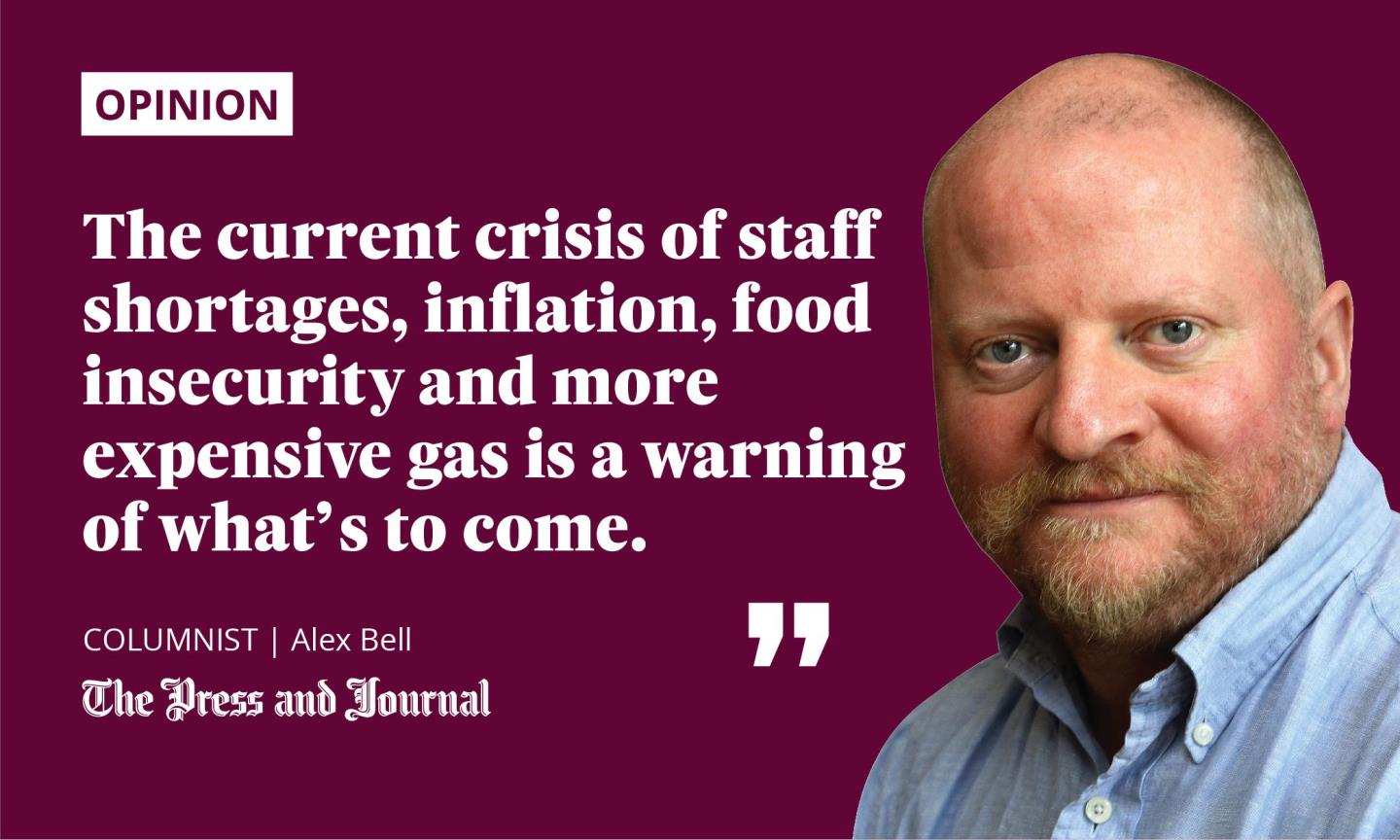
While the loyal Tory voters froth at protesters blocking the M25 in the name of insulating homes to climate standards, their leader champions the same eco cause on a trip to Washington.
He’s extolling the virtues of the rich world, sending billions to the developing world to cut carbon emissions.
Opponents hate him for cutting foreign aid, just as Johnson campaigns for the biggest package of aid in a generation.
Confusing responses to confusing times
Confusion to your enemies is a biblical tactic particularly apt today. These are confusing times.
Much of our politics, wellbeing and economics are driven by forces beyond our control. The pandemic, lockdown and the effect on global supply chains have created consequences beyond state planning and provision.
Eighteen months into the COVID pandemic, another very difficult winter looks increasingly likely with fears about a resurgence of the virus combined with rising inflation and an energy and supply chain crisis.
A finance and economy specialist explains. https://t.co/zWdqIebSsB
— The Conversation (@ConversationUK) September 20, 2021
Brexit has had some part in this, but EU countries are also suffering. The response has been huge investment by rich countries in their own economies.
The American Rescue Plan Act passed in March this year promises stimulus of $1.9 trillion. That is staggering amount.
The UK has raised borrowing to war levels, and the banks of Frankfurt, Beijing and Tokyo are printing money like ticker tape for a grand parade.
It has all helped, but it can’t keep food on shop shelves, or heat cold homes in winter. There is a limit to the effectiveness of big state action.
The problem of confusion is that it requires a confusing array of responses. Governments favour big gestures. Chaos demands something more complex.
Big gesture from Boris Johnson, one small step for the world
Reckoning that the pandemic and lockdown is dress rehearsal for the effects of climate change, Johnson has latched on to another big gesture.
He wants the COP26 conference in Glasgow to pledge $100 billion to developing countries for tackling carbon emissions.
President Biden spoke of quadrupling America’s initial contribution this week.
This summer alone, over 100 million Americans and the communities they call home have been affected by extreme weather.
We can’t just rebuild, we have to build back better. We have to invest in climate resilience to protect our communities and work to cut carbon emissions.
— Joe Biden (@JoeBiden) September 21, 2021
All this should be welcome and would show that the world is getting serious.
Interestingly, it also echoes Mrs Thatcher’s United Nation’s speech of 1989, where she suggested cancelling debt for climate action by developing nations.
The problem with the hundred billion headline is that it’s just one thing. It should help the world reduce carbon emissions, and that might prevent the planet heating by more that 1.5 degrees, which might mean something close to 20th century conditions continuing. Maybe.
What it won’t do is put out a wildfire in Australia, Russia or West Coast USA. It can’t replenish overused soil, or irrigate fields where the aquifer has dried up. Climate change is already here.
It is already confusing food supplies and the sustainability of human settlements. The global action is just part of the picture, much as COP26 is a big deal, but ultimately just another mark on the road.
The fact is, we need to do a lot more.
Domestic crisis is just the start
The current crisis of staff shortages, inflation, food insecurity and more expensive gas is a warning of what’s to come.
While it affects all of us, it is also essentially a matter of social justice. It affects the low paid and the poorly housed worst.
Forcing people to use less heat in cold flats will leave them more prone to illness and further degrade the housing stock.
Allowing fresh food to rot in fields makes processed food the only option, which further harms the agricultural sector and the health of the people.
Why are you waiting @10DowningStreet ? #InsulateBritain #endfuelpoverty #m25protests https://t.co/ZyjzbZKCAO
— Insulate Britain (@InsulateLove) September 21, 2021
Not insulating houses properly cuts the cost of construction, but contributes to our single biggest sources of carbon emissions. Thus, equality of housing and opportunity are green issues as much as climate conferences.
The solutions do not lie in major pledges of foreign aid alone, but also major investment at home, in a range of ways.
Governments have to see that there really isn’t any distinction between foreign policy and domestic policy. In a climate crisis, it’s all one thing.
It’s not enough for Johnson to confuse his enemies by adopting green issues.
He spoke in Washington this week of the world moving from childhood to maturity on the issue of climate. Yet, if he is ever to be seen as a political adult, he must listen to the protests on the M25 and find a long-term solution to the energy crisis.
If we are to make sense of the multiple threats from climate change, we need to start thinking about circular governance, where all policies are supportive of each other to the aim of a just, sustainable world.
It’s going to take a lot more than rattling a tin at the White House.
